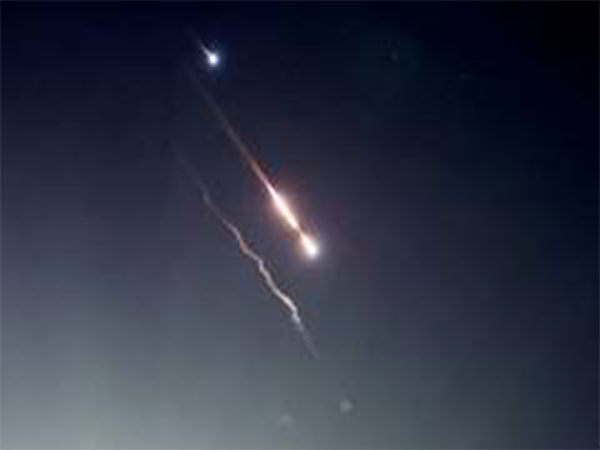Hezbollah Rocket Strikes Heighten Tensions in West Asia
Hezbollah launched attacks on Israel targeting military sites amid rising tensions. Israel's military struck back, killing three Hezbollah officials. The conflict threatens regional stability following an alleged assassination attempt on Israeli Prime Minister Netanyahu by Hezbollah. The situation remains volatile as both sides exchange threats and military actions.

- Country:
- Israel
In an intensifying move that could further strain West Asian relations, Hezbollah launched rockets at a naval base near Haifa, Israel, as reported by Al Jazeera. The militant group confirmed targeting strategic positions in Tel Aviv's suburbs, escalating an already volatile situation.
Hezbollah's attack targeted Israel's military intelligence unit 8200 in Glilot and a naval base near Haifa, according to Al Jazeera. These hostilities have deepened the conflict between Israel and Hezbollah, contributing to the region's rising casualty toll.
The Israeli army reported that a total of 20 rockets targeted central and northern Israel, with some intercepted and others landing in open areas. As cited by the Times of Israel, the barrage caused no casualties, but the sound of sirens echoed ominously across affected regions.
On October 20, the Israeli military retaliated by killing three key Hezbollah officials in a targeted strike on the group's intelligence hub in southern Beirut, Lebanon. The operation, which also destroyed an underground weapons workshop, saw the demise of high-ranking figures Elhag Abbas Salameh, Racha Abbas Icha, and Ahmed Ali Hasin.
Tensions escalated further after a drone targeting Israeli Prime Minister Benjamin Netanyahu's residence prompted him to accuse Hezbollah of an assassination attempt, which he vowed would not deter Israel's defense strategy. Netanyahu's response underscored the fraught relationship between Iran's proxy groups and Israel.
(With inputs from agencies.)
ALSO READ
India Strengthens Strategic Ties with UAE Amidst West Asia Tensions
Strengthening Ties: India's Pivotal Role in West Asia Peace and Prosperity
Netanyahu and Sullivan Confront Syrian Crisis
India's Strategy to Safeguard Maritime Trade in West Asia
Unveiling 'The Bibi Files': A Deep Dive into Netanyahu's Corruption Scandal










